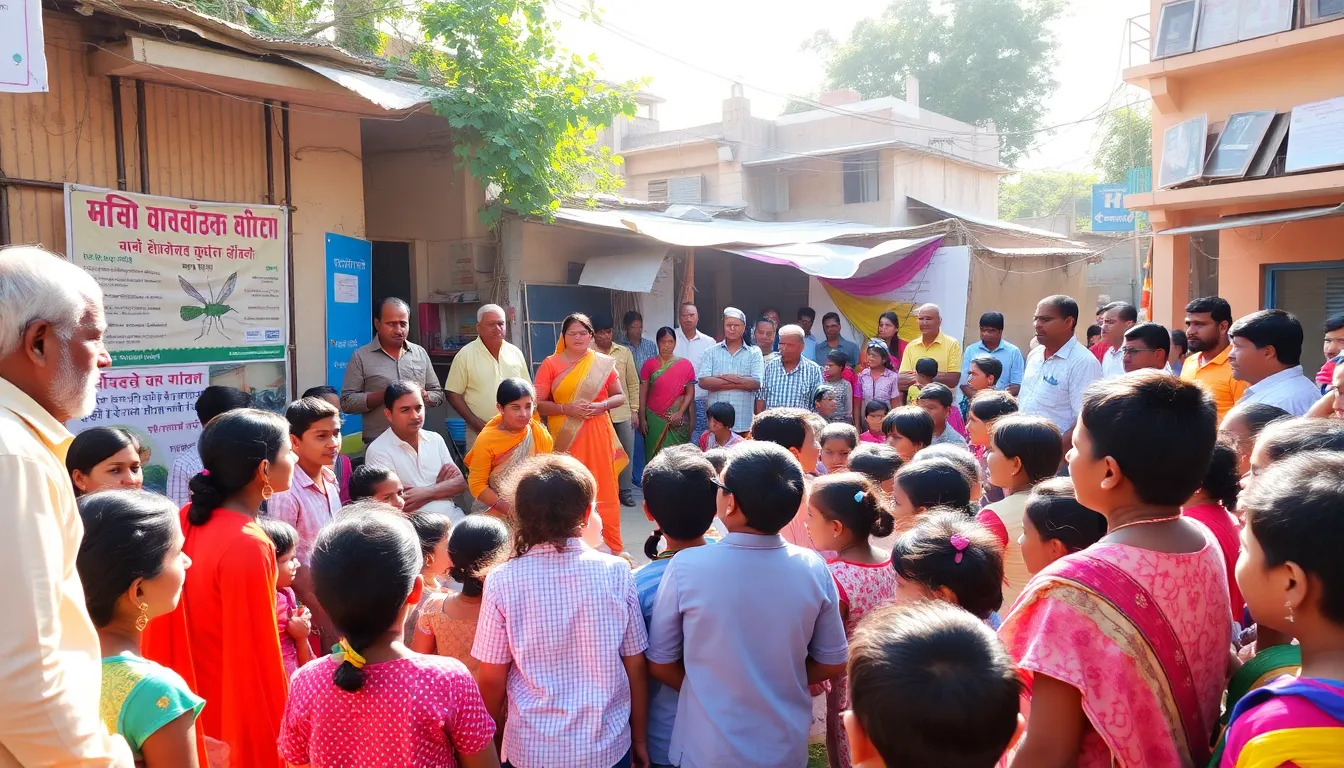Today, the Taluka Health Office in Viramgam, Ahmedabad district, organised a puppet show to raise awareness about dengue and other vector-borne diseases. This event was held in celebration of National Dengue Day, which takes place every year on May 16 across India. The initiative aimed to inform the public about the dangers of dengue, a disease transmitted by the Aedes aegypti mosquito.
Dengue fever is a serious illness that can cause high fever, severe headaches, pain behind the eyes, and rashes. The show highlighted how stagnant water in places like discarded containers, tyres, and coolers can serve as breeding grounds for these mosquitoes. The Aedes aegypti mosquito lays eggs in clean water and is most active during the day.
Dr. Shailesh Parmar, the Chief District Health Officer, and District Malaria Officer Narendrasinh Rathod led the event. They emphasised the importance of community participation in controlling mosquito populations and preventing the spread of dengue. The puppet show effectively communicated the symptoms of dengue and the steps to take if someone suspects they have the disease.
Dengue can manifest within four to six days after being bitten by an infected mosquito. Symptoms can include a sudden high fever, severe headaches, joint and muscle pain, nausea, and skin rashes. If anyone experiences these symptoms, they should contact their nearest primary health centre or health worker immediately.
The show also addressed preventive measures, such as keeping the environment clean and free of stagnant water, using mosquito nets, and wearing protective clothing. The event was a reminder of the critical need for public awareness in combating dengue, especially as urbanisation and climate change contribute to rising cases.
With millions affected by dengue worldwide each year, it is crucial for communities to stay informed and vigilant. The puppet show was a fun and engaging way to educate people of all ages about this important health issue. As dengue season approaches, continued efforts like this will be vital in protecting public health.


Leave a Reply